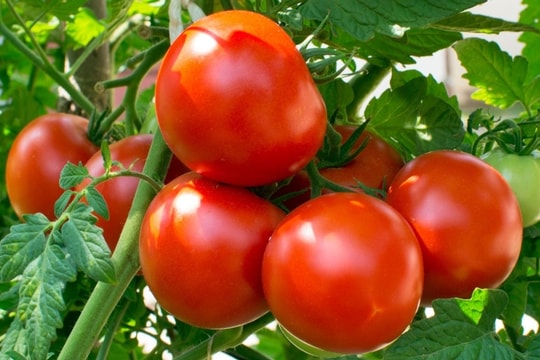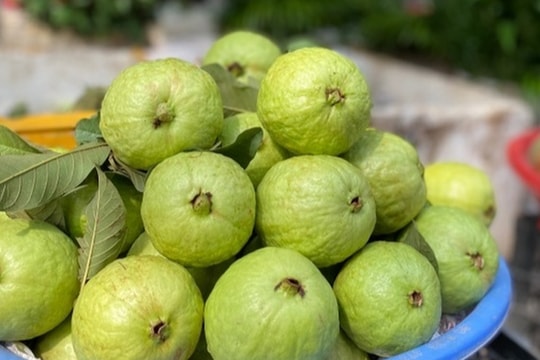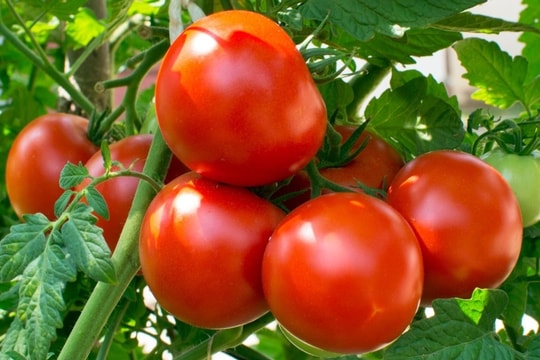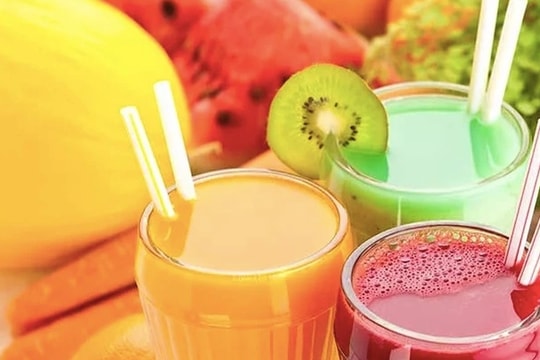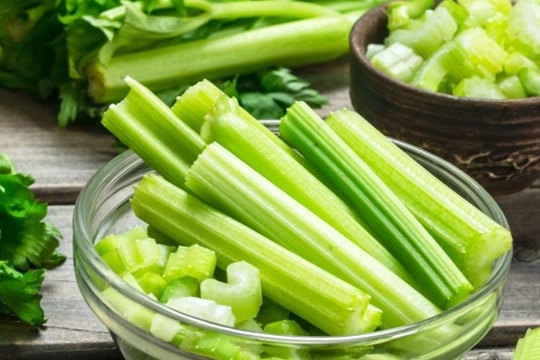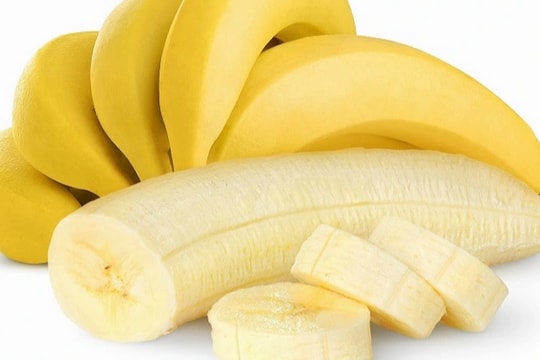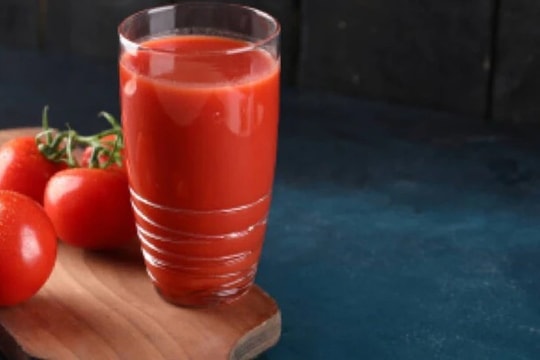4 delicious drinks that prevent heart disease risk
Passion fruit, pomegranate, orange and tangerine juices contain high levels of potassium, which is good for blood pressure - a factor closely related to the heart.
Heart and other circulatory problems are among the leading causes of death worldwide, often caused by atherosclerosis. That problem occurs when fatty deposits build up in the arteries around the heart, making it difficult for blood to flow.
According toMirror, your risk of developing the disease is higher if you have high cholesterol and high blood pressure. That's why health authorities advise people to keep their blood pressure low.
High blood pressure is very common, affecting about 30% of adults worldwide. When this happens, blood pumps too hard against the artery walls, and if left untreated can cause health problems.
According to the Harvard School of Public Health (USA), a healthy diet is a great way to control blood pressure.
Effects of fruit juice
People should consume foods and drinks that are high in potassium because this mineral helps remove sodium from the body, which increases blood pressure. Potassium also relaxes blood vessel walls, helping to lower blood pressure.
Sodium and potassium are two minerals that work together to regulate blood pressure and keep your heart healthy. Eating less salty foods and more potassium-rich foods can significantly reduce your risk of heart disease.
Potassium is found in many foods, especially fruits, vegetables, beans and low-fat dairy. Meanwhile, consuming a lot of foods high in sodium, especially processed breads, packaged snacks, canned goods and fast food increases the risk of cardiovascular disease.
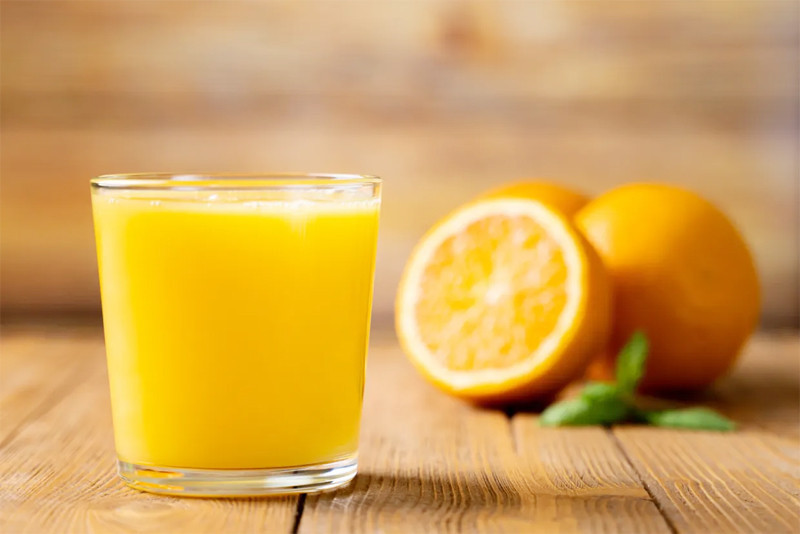 |
Orange juice contains many minerals, including potassium. Photo: Parade |
Medical News Todaysaid, there are four types of fruit juices that contain high amounts of minerals: passion fruit, pomegranate, orange, and tangerine. A cup of passion fruit juice has 687mg of potassium, pomegranate juice - 533mg, orange juice - 496mg, tangerine juice - 440mg.
One banana — often touted as a great source of minerals — has about 358mg of potassium.
Many people do not know they have high blood pressure.
It's important to check your blood pressure regularly, even if you feel perfectly fine. The British Heart Foundation (BHF) says high blood pressure rarely has noticeable symptoms, but there can be some signs such as shortness of breath, headaches, blurred vision, nosebleeds, chest pain, dizziness…
The Mayo Clinic, an academic medical center based in the US, warns: “Most people with high blood pressure have no symptoms, even when blood pressure levels reach dangerously high levels.” Therefore, people over 40 should regularly check their blood pressure.
High blood pressure is 140/90mmHg or higher (or 150/90mmHg or higher if you are over 80). A healthy range is usually 90/60mmHg to 120/80mmHg.
Other ways to lower blood pressure include limiting alcohol and losing weight if necessary, avoiding caffeinated beverages (tea, coffee) and quitting smoking. Physical activity is a good way to reduce the risk of heart and circulatory disease, as well as lowering blood pressure and cholesterol.

